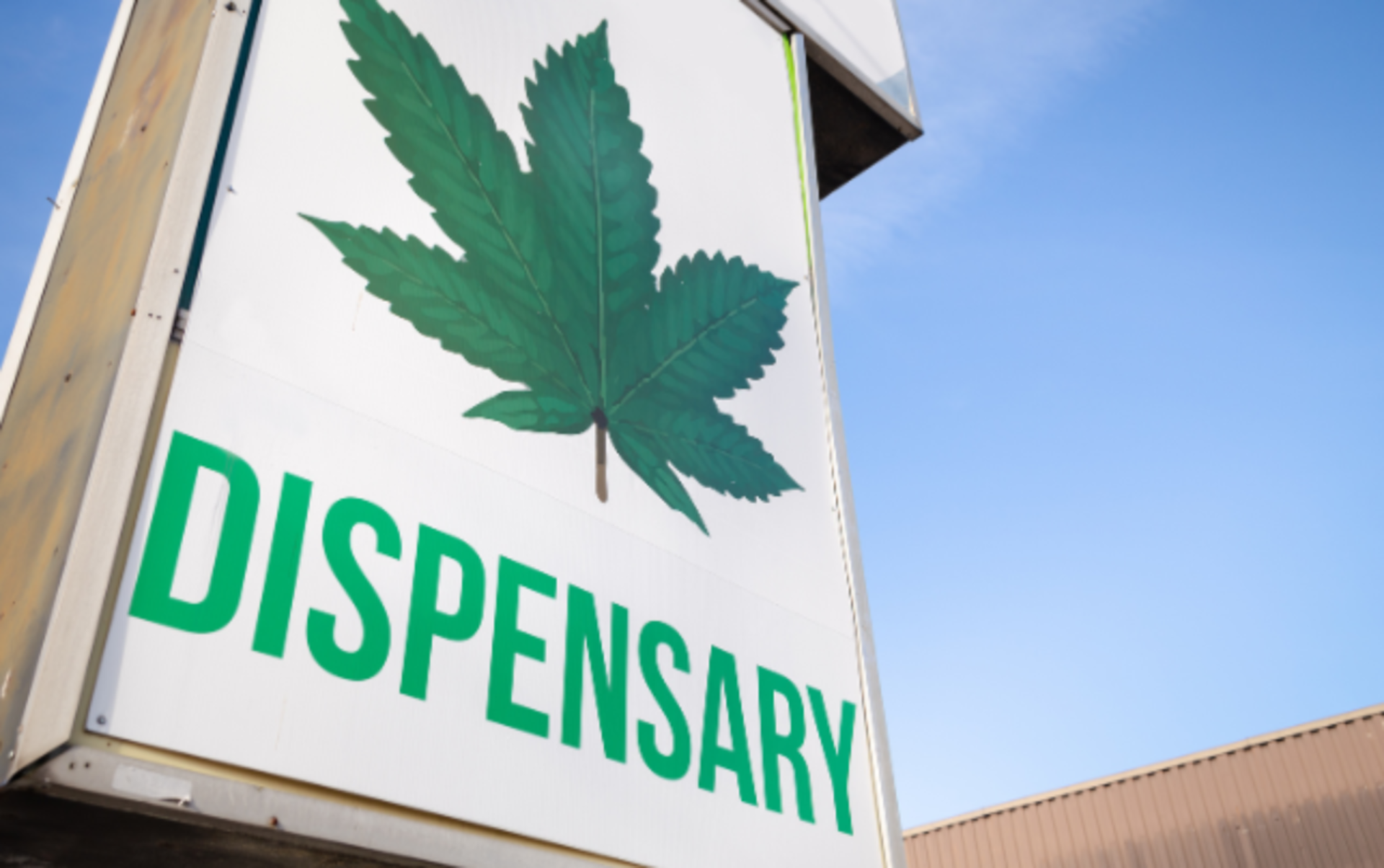
Navigating Federal Trademark Challenges for Cannabis Companies in the United States
The burgeoning cannabis industry in the United States has seen remarkable growth in recent years, with both medical and recreational legalization spreading across various states. However, for cannabis companies looking to establish their brand presence, navigating the complex landscape of federal trademark issues remains a significant challenge. In this article, we will explore the unique obstacles faced by cannabis businesses in securing federal trademarks and offer insights into potential solutions.
- Federal Illegality and Trademarks: One of the primary challenges for cannabis companies stems from the federal illegality of marijuana. Despite state-level legalization, cannabis remains a Schedule I controlled substance at the federal level. This inconsistency creates hurdles for businesses seeking federal trademark protection, as the United States Patent and Trademark Office (USPTO) operates under federal law.
- The Lanham Act and Cannabis: The Lanham Act, the federal statute governing trademarks, prohibits the registration of trademarks for illegal substances. Since cannabis is classified as illegal at the federal level, cannabis-related products face rejection from the USPTO. This includes not only marijuana itself but also CBD products derived from hemp.
- Ancillary Services and Trademark Eligibility: While direct cannabis products face trademark challenges, companies providing ancillary services to the industry, such as packaging, software, or consulting, may find more success in obtaining federal trademarks. Highlighting the ancillary nature of your services can increase the likelihood of approval.
- Branding Strategies: Cannabis companies often resort to creative branding strategies to overcome federal trademark hurdles. Crafting trademarks that focus on non-cannabis-related elements, such as distinctive logos or specific product names, can increase the chances of approval. However, it's crucial to strike a balance between brand distinctiveness and relevance to the industry.
- State Trademark Protections: In the absence of federal trademark protection, cannabis businesses can explore state-level trademark registrations where marijuana is legal. While this provides localized protection, it does not offer the broad national coverage that federal registration provides.
- Monitoring and Enforcement: Cannabis companies must remain vigilant in monitoring their trademarks, even if registered at the state level. Infringement issues can still arise, and proactive enforcement is essential to protect brand integrity.
Navigating federal trademark issues for cannabis companies in the United States requires a nuanced understanding of both state and federal laws. While federal illegality poses a significant challenge, creative branding strategies, ancillary services, and state-level protections offer avenues for establishing and safeguarding a brand presence in this evolving industry. As the legal landscape continues to evolve, staying informed and adapting strategies accordingly will be crucial for the success of cannabis businesses in the United States.





